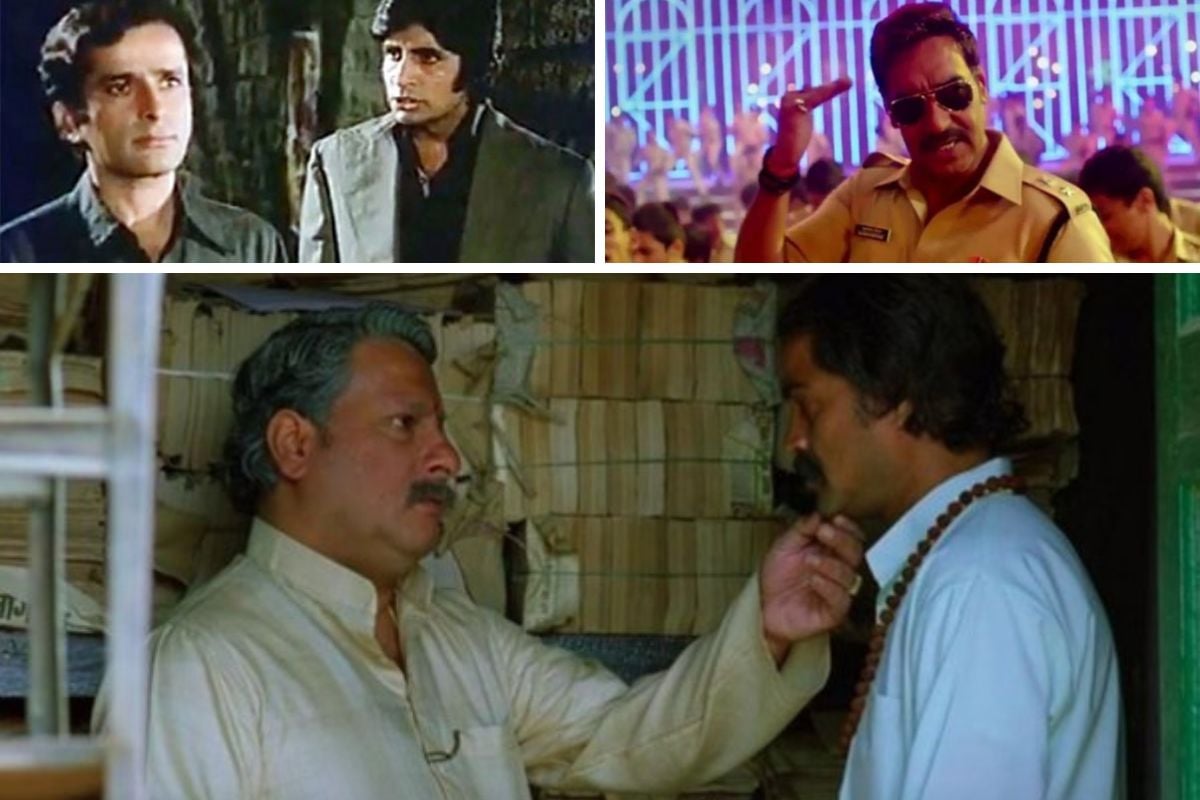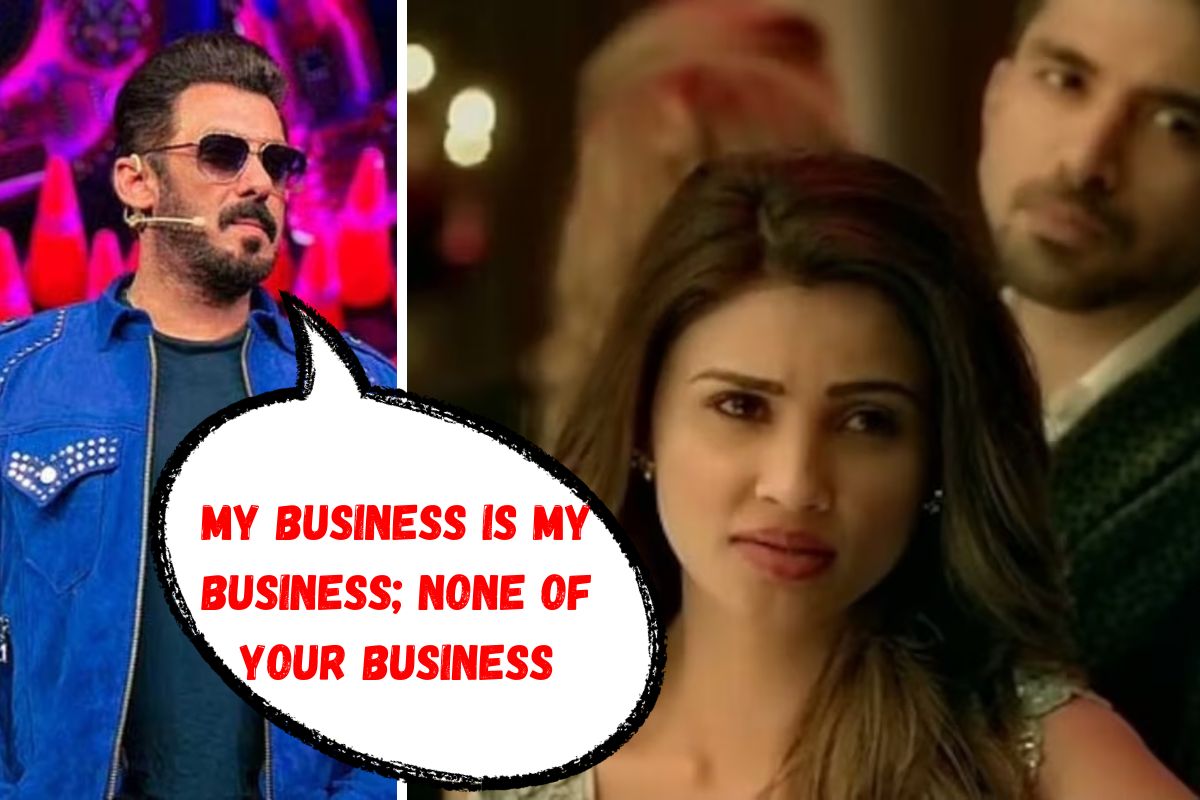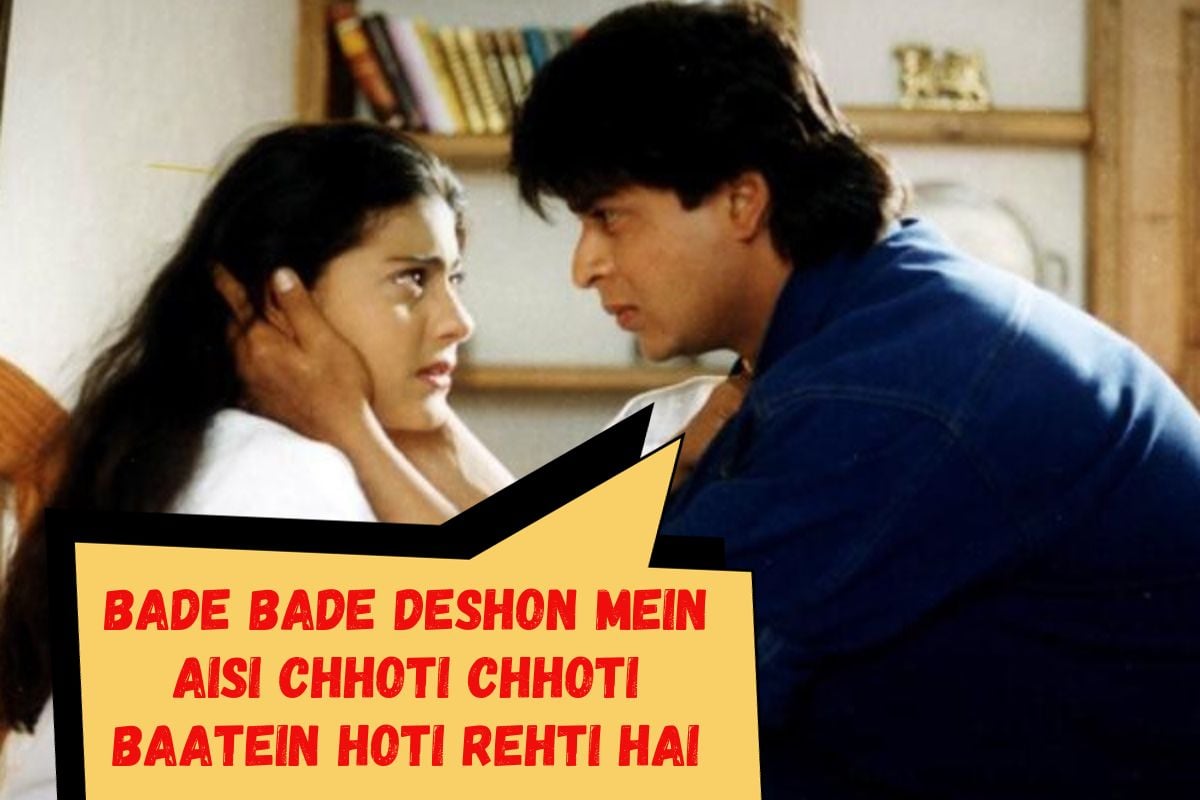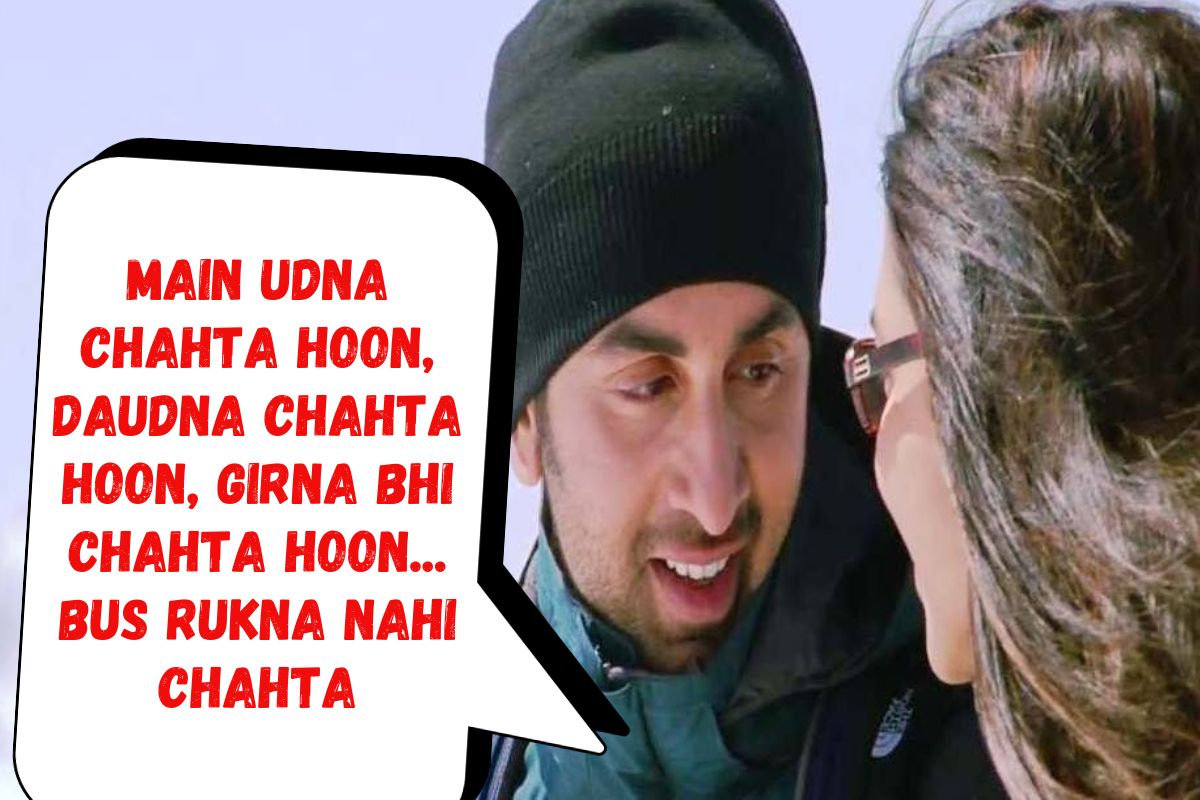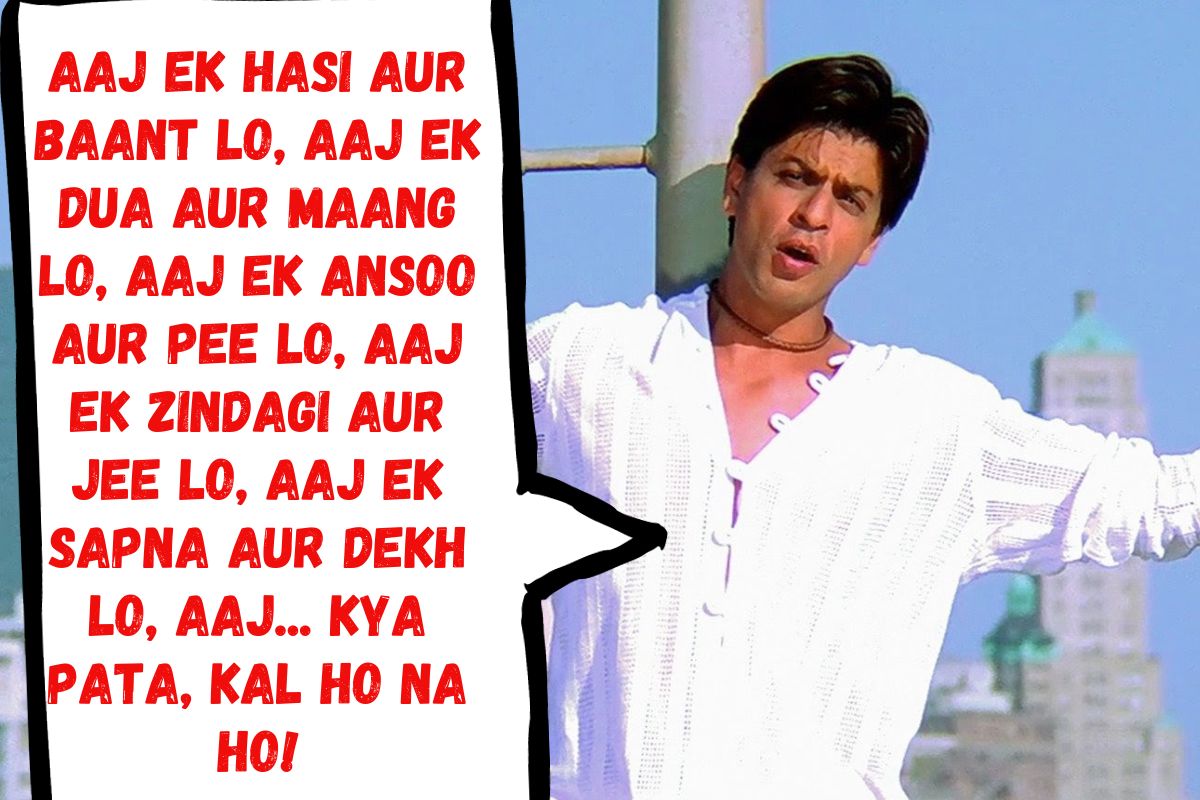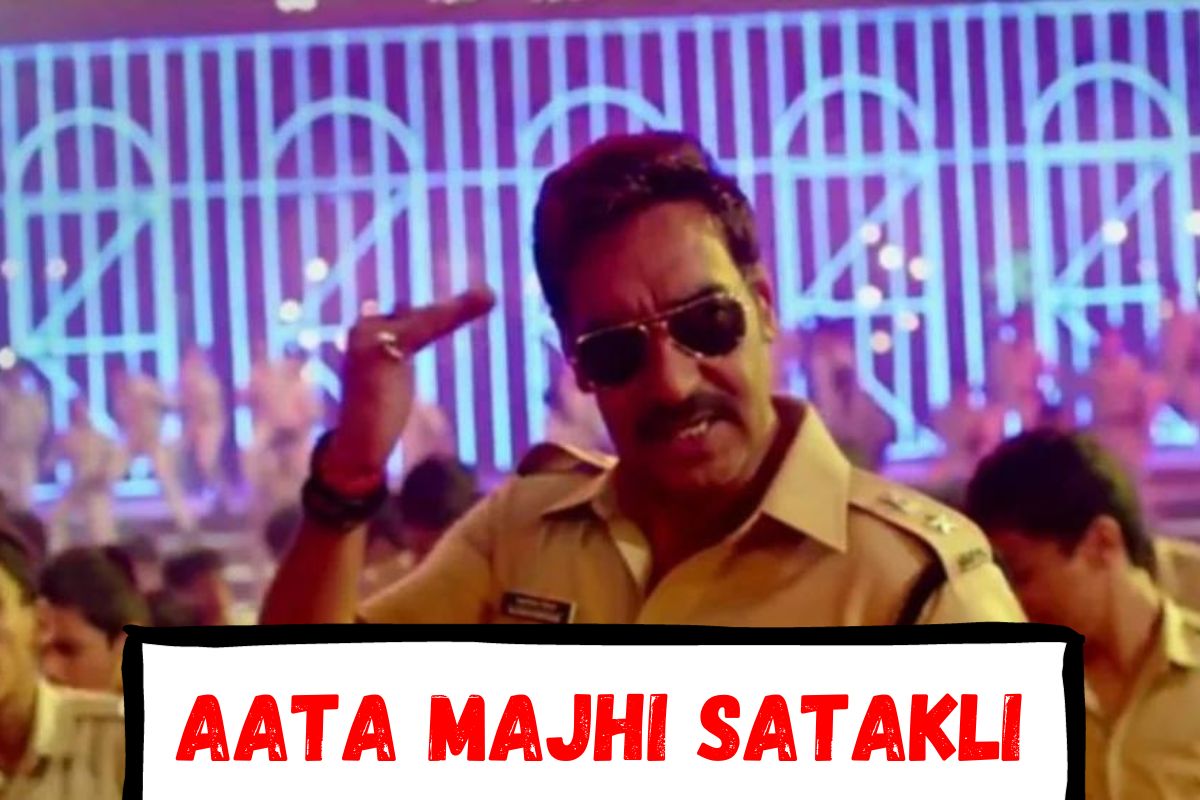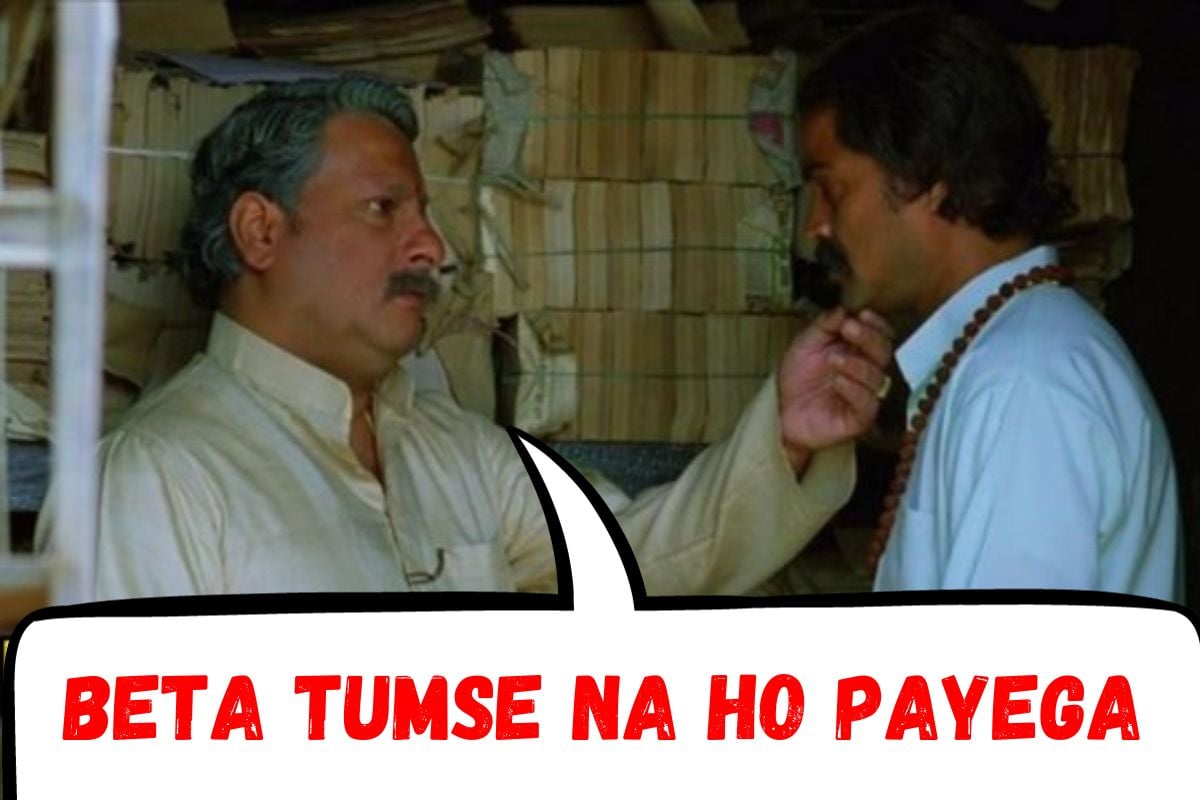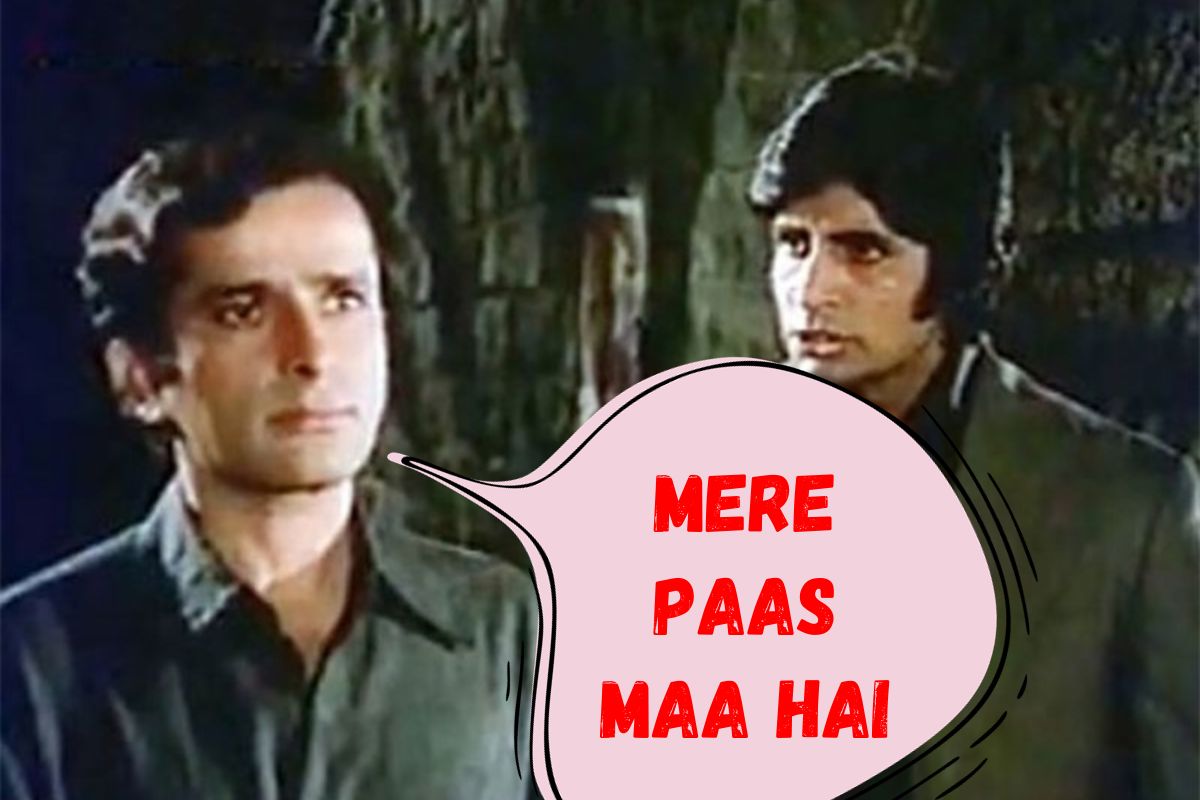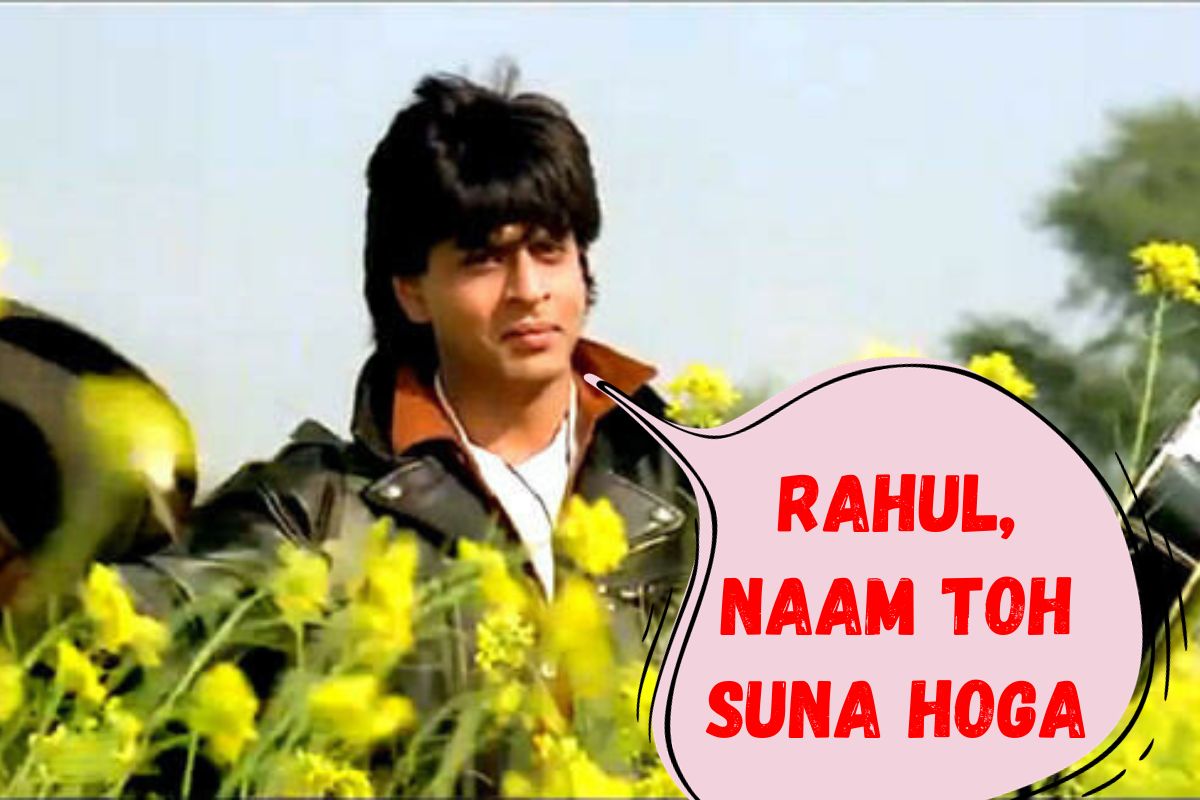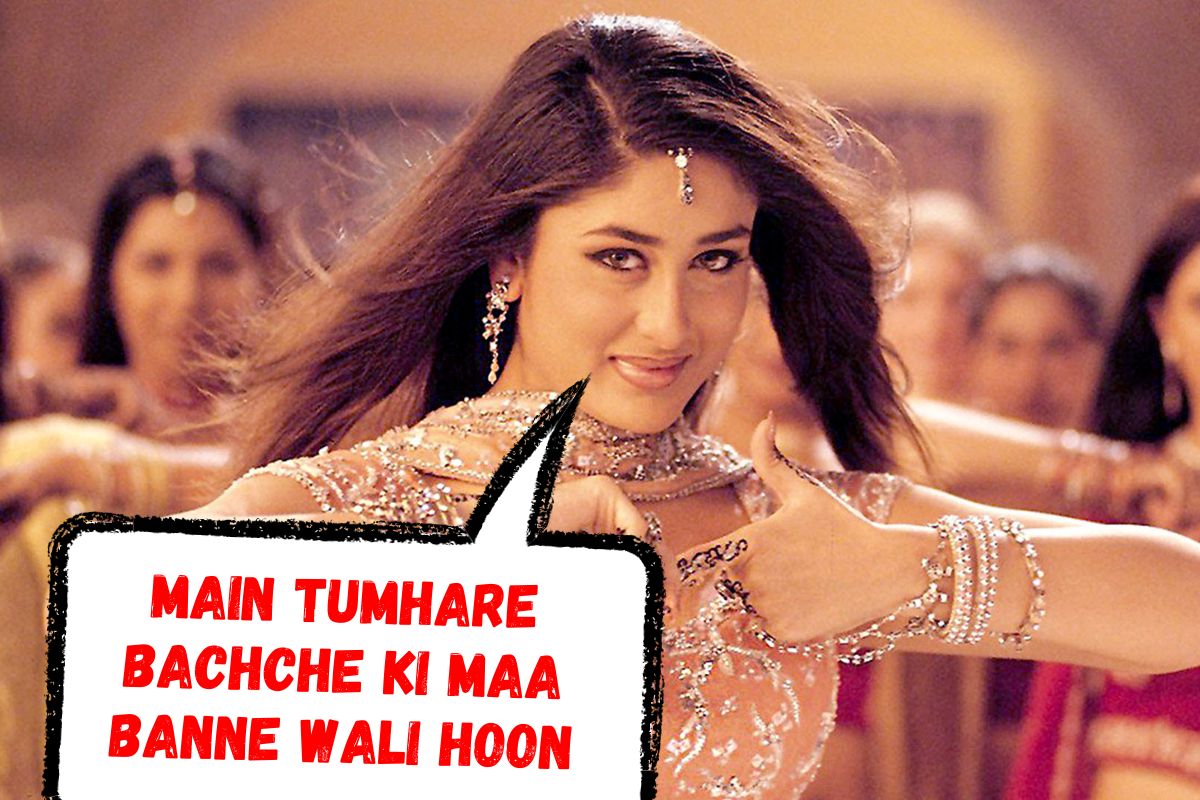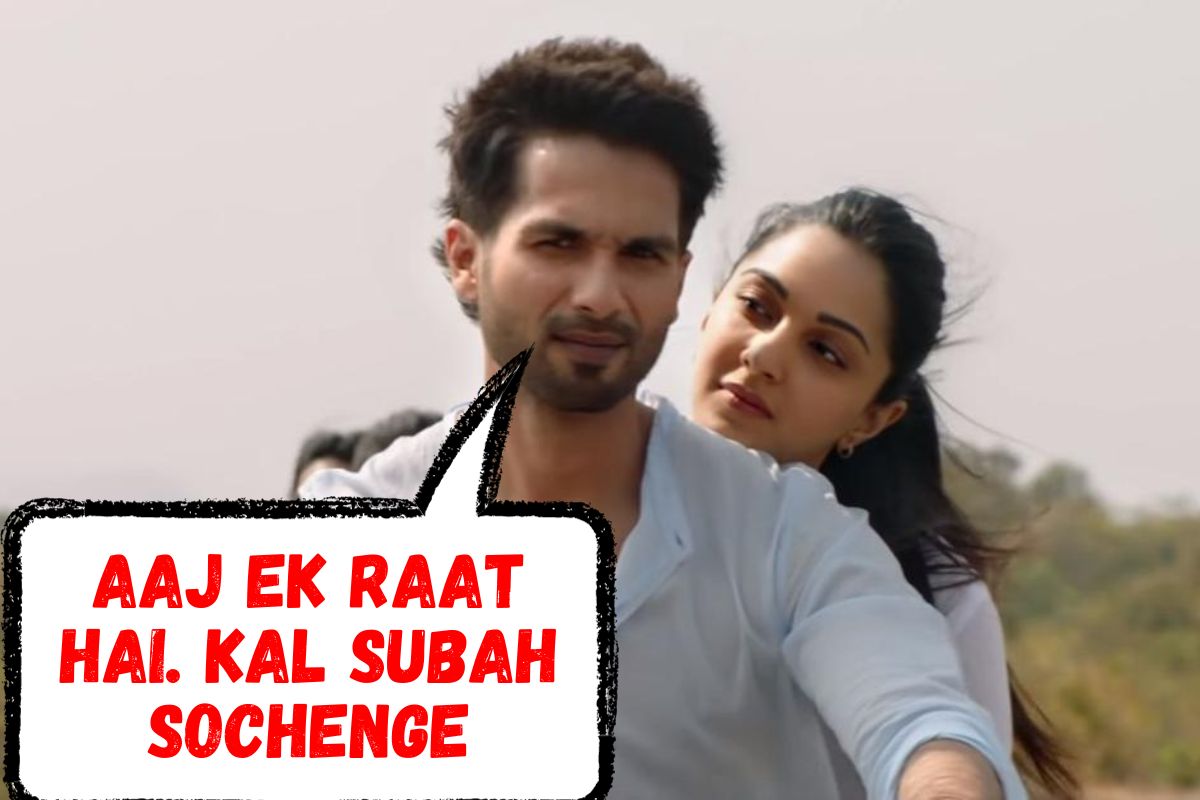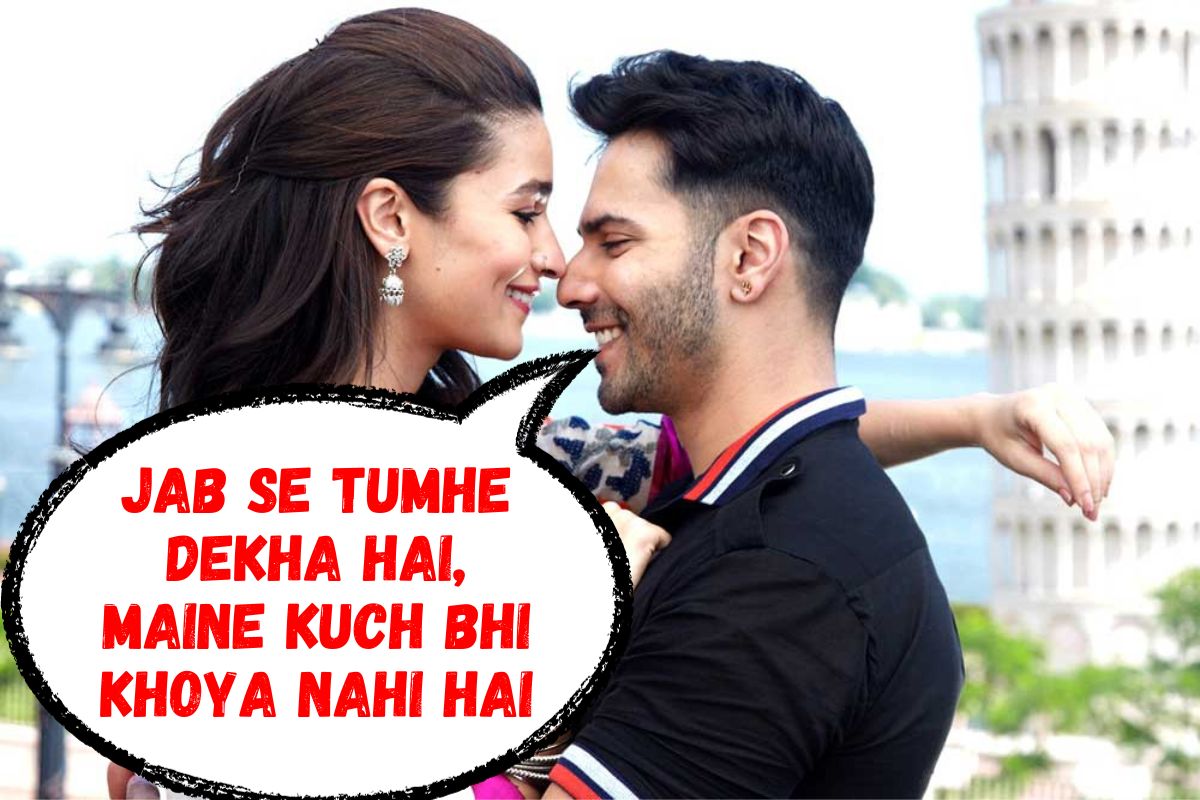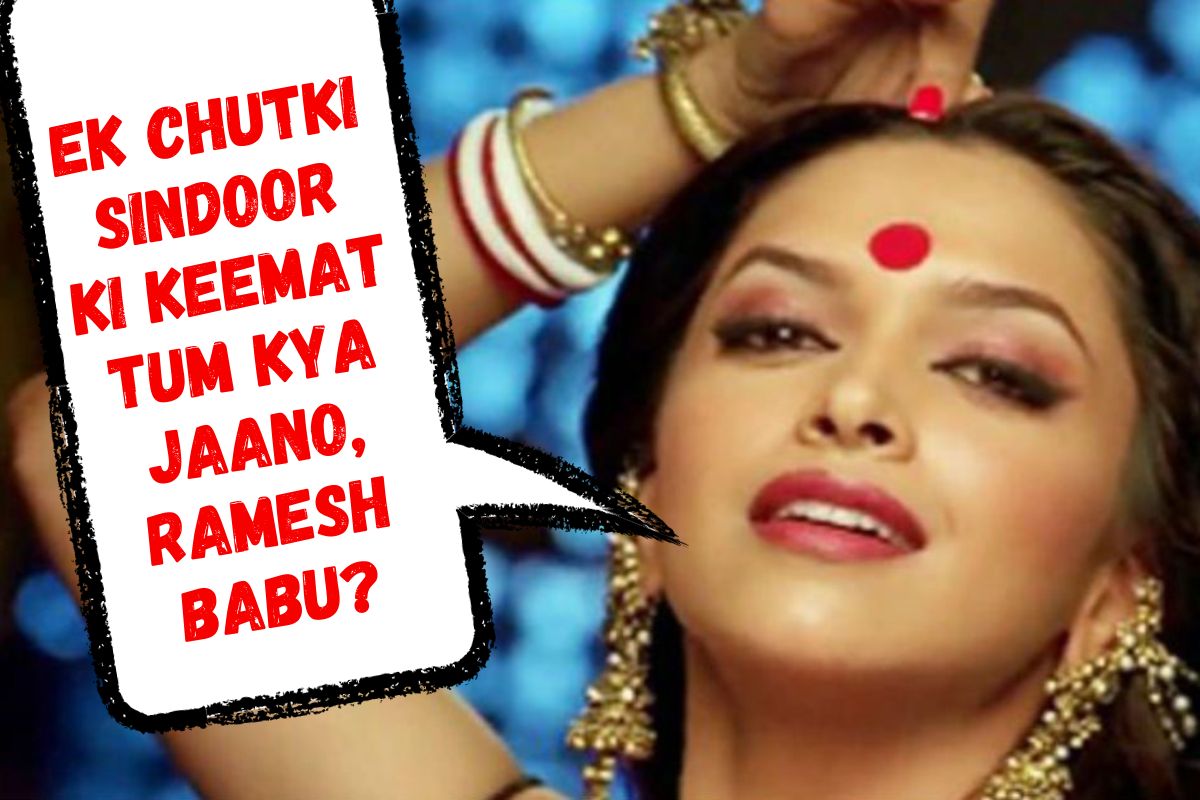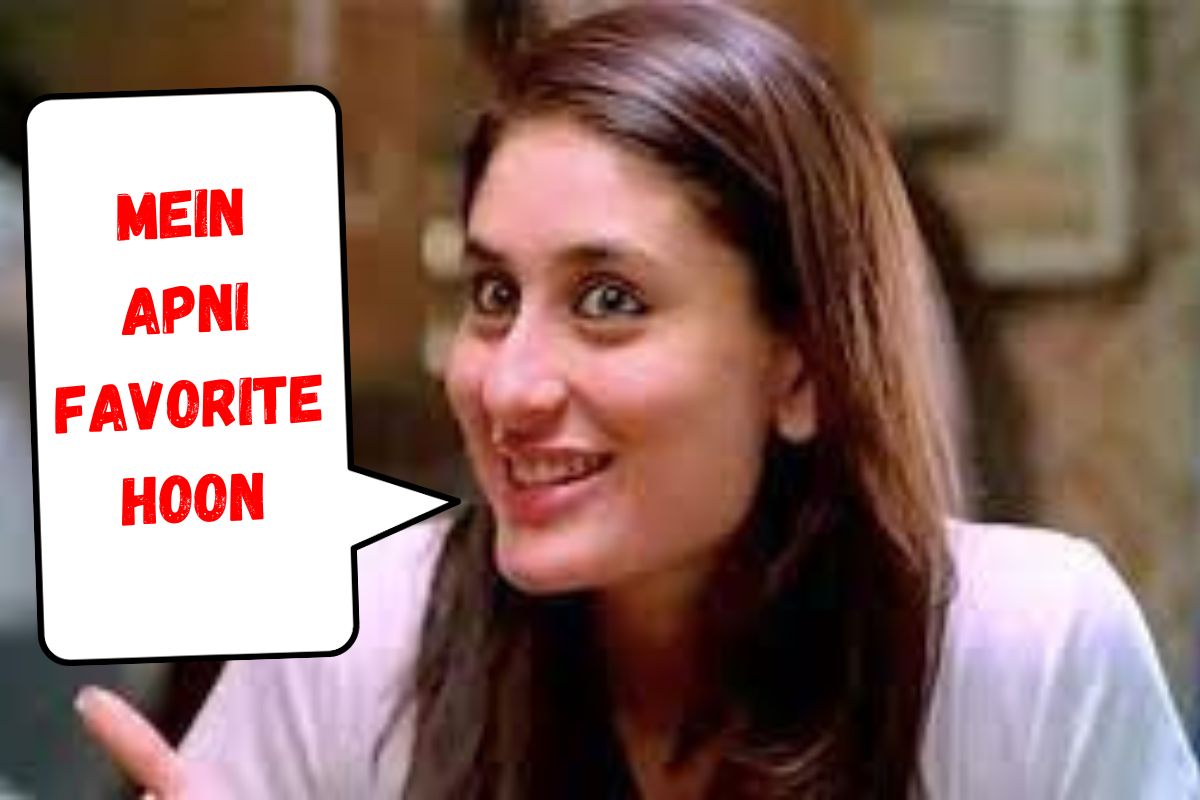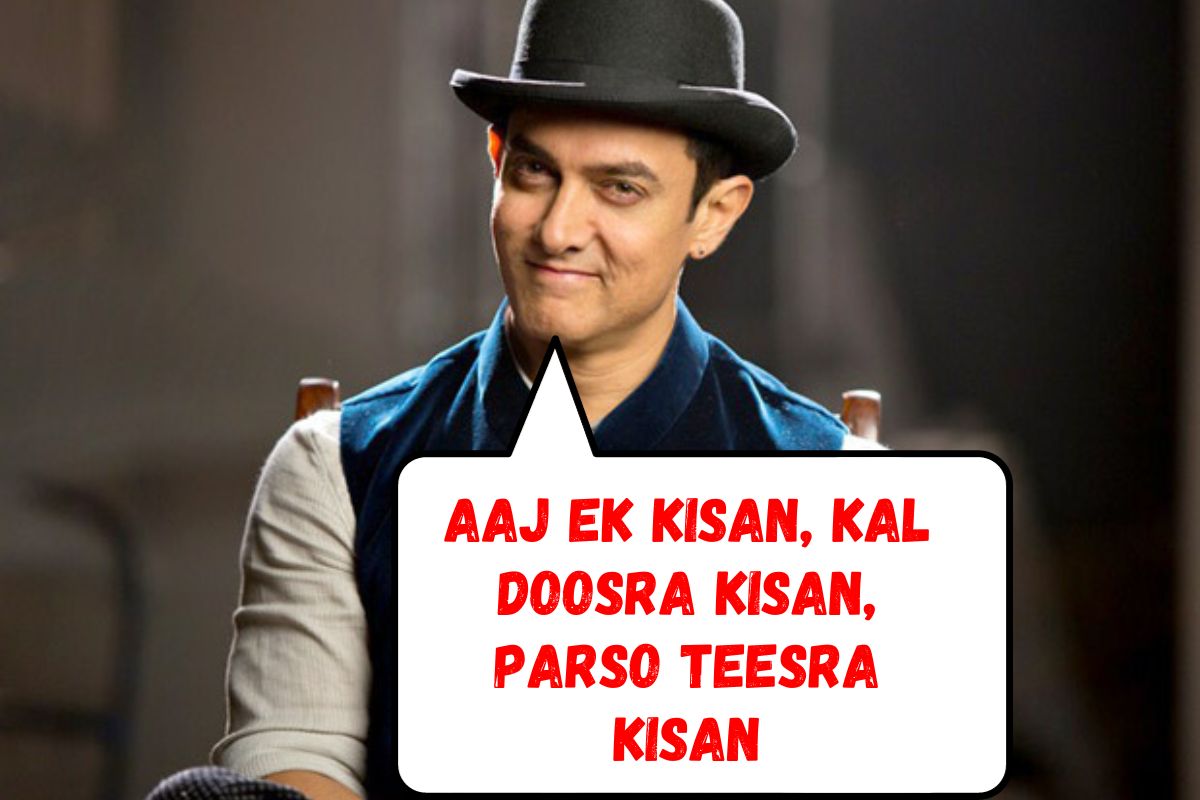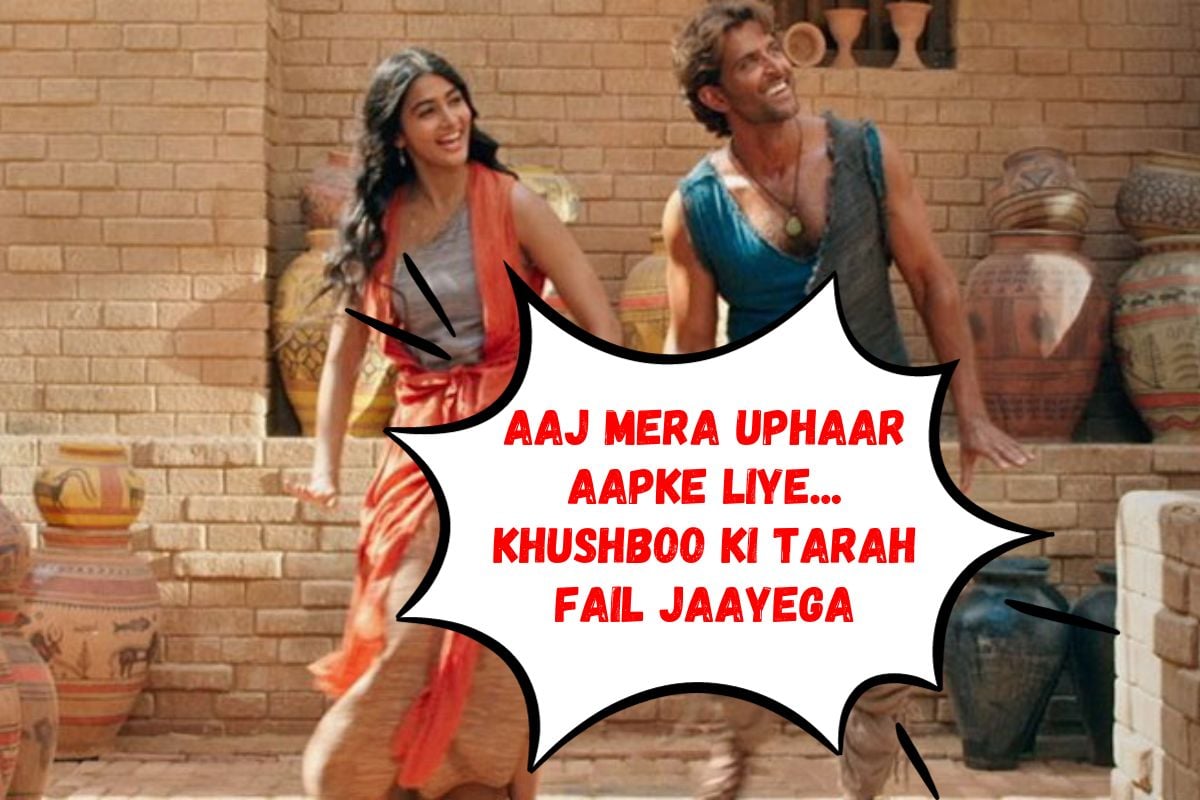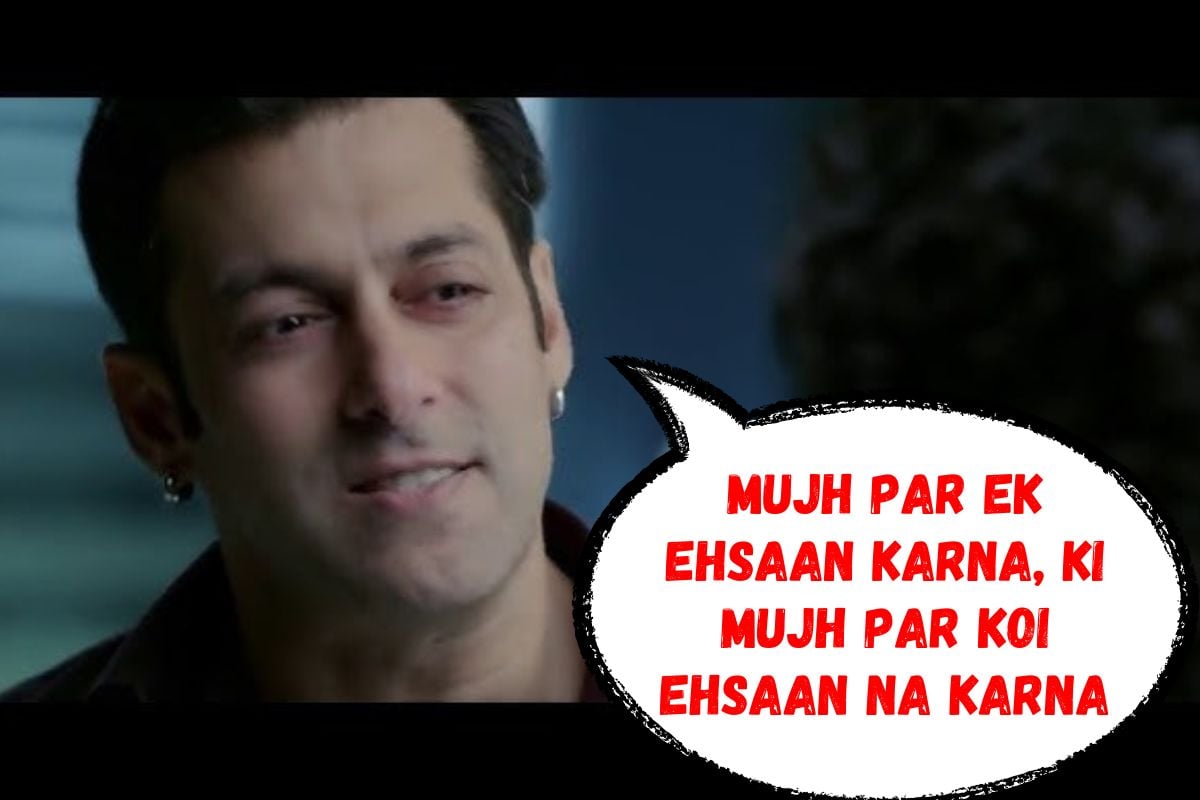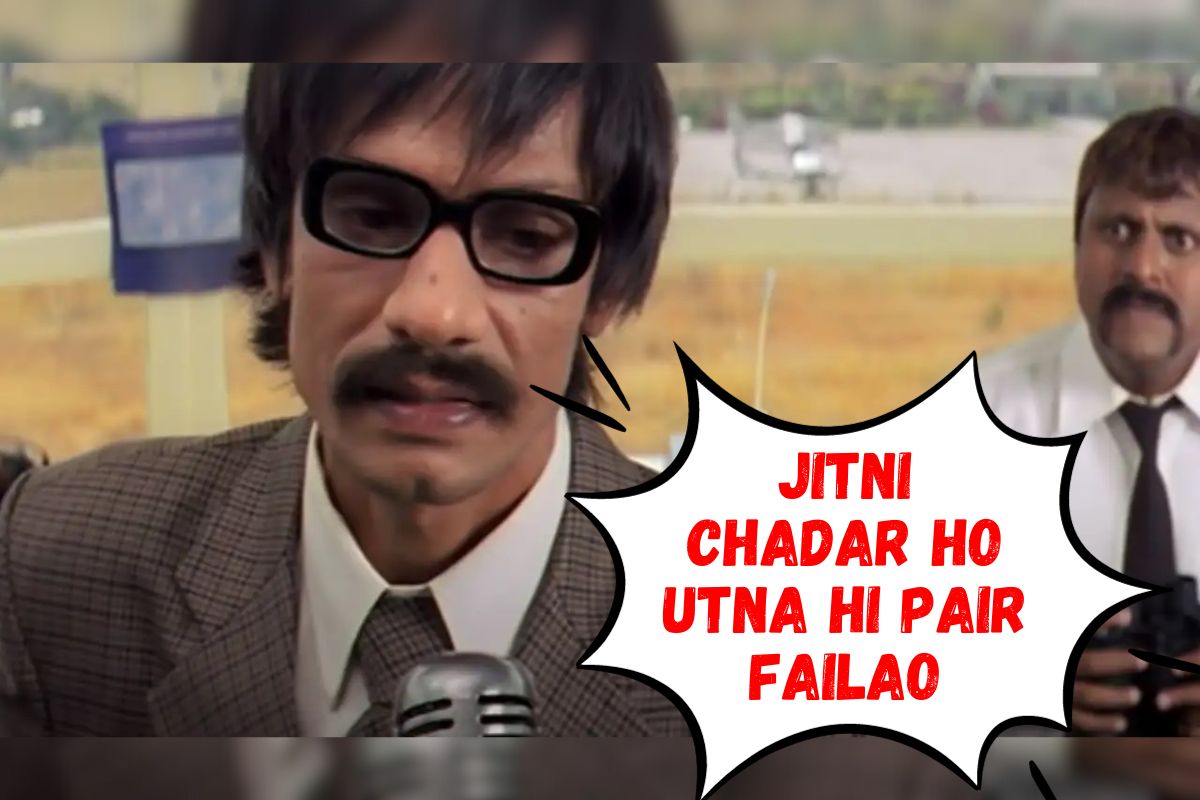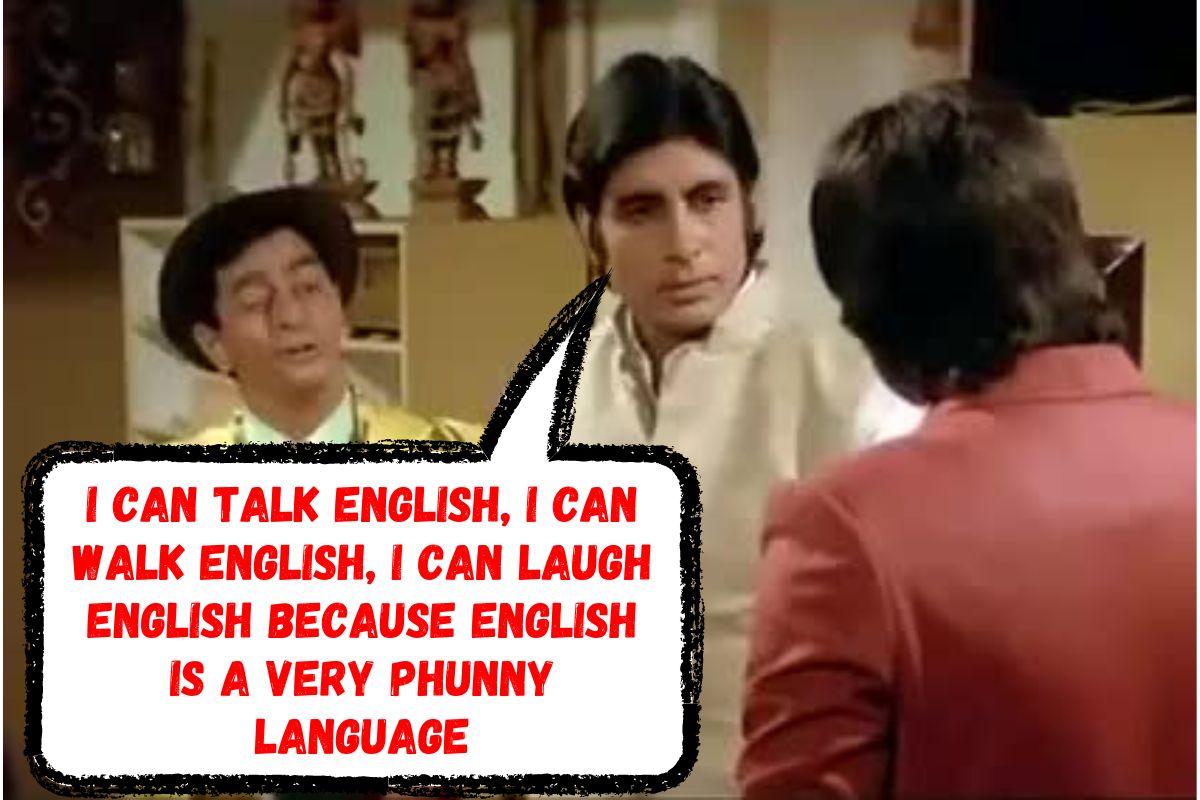Top 20 Worst Dialogues in Bollywood Movies in Recent Times
Bollywood, the largest film industry in India and one of the most prominent in the world, has given us some of the most iconic and memorable dialogues in cinematic history. However, it’s not always sunshine and roses in the world of Indian cinema. There have been times when even the best actors and directors have delivered cringe-worthy lines that left audiences baffled. In this article, we will take a closer look at the top 20 worst dialogues in Bollywood movies in recent times.
“Don’t underestimate the power of a common man.” –
Chennai Express (2013)
This dialogue, delivered by Shah Rukh Khan, may have sounded
empowering on paper but came across as forced and clichéd in the film.
“My business is my business; none of your
business.” – Race 3 (2018)
Salman Khan’s attempt at a sassy one-liner fell flat in this
action-packed movie.
“It’s my way or the skyway.” – Action Jackson
(2014)
This attitude dialogue of Ajay Devgn from the movie Action
Jackson. Its obvious it couldn’t save this cringeworthy dialogue from being
ridiculed.
“Bade bade deshon mein aisi chhoti chhoti baatein hoti
rehti hai.” – Dilwale Dulhania Le Jayenge (1995)
Although this film is a classic, this line has been the
subject of many jokes due to its melodramatic delivery by Shah Rukh Khan.
“Main udna chahta hoon, daudna chahta hoon, girna bhi
chahta hoon… bus rukna nahi chahta.” – Yeh Jawaani Hai Deewani (2013)
Ranbir Kapoor’s character Bunny’s philosophical monologue
sounded more like a motivational speech gone wrong.
“Aaj ek hasi aur baant lo, aaj ek dua aur maang lo, aaj
ek ansoo aur pee lo, aaj ek zindagi aur jee lo, aaj ek sapna aur dekh lo,
aaj… kya pata, kal ho na ho!” – Kal Ho Naa Ho (2003)
While this dialogue was meant to be emotional, its overuse
and melodrama have made it the subject of parody.
“Aata majhi satakli.” – Singham Returns (2014)
Ajay Devgn’s cop drama featured this catchphrase, which
quickly became irritating due to its frequent repetition.
“Tumse na ho payega.” – Multiple Films
This dialogue has been overused in Bollywood to the point of
exhaustion. It’s become a lazy way to depict one character’s superiority over
another.
“Mere paas maa hai.” – Deewar (1975)
Amitabh Bachchan’s iconic dialogue from ‘Deewar’ may have
been groundbreaking at the time, but its constant referencing in Bollywood has made
it lose its impact.
“Rahul, naam toh suna hoga.” – Dil To Pagal Hai
(1997)
Shah Rukh Khan’s character Rahul introduced himself in a way
that became more of a pop culture punchline than a memorable introduction.
“Main tumhare bachche ki maa banne wali hoon.” –
K3G (Kabhi Khushi Kabhie Gham) (2001)
Kareena Kapoor’s character Pooja delivered this line in a
melodramatic manner, making it hard to take seriously.
“Aaj ek raat hai. Kal subah sochenge.” – Kabir
Singh (2019)
While ‘Kabir Singh’ had its share of controversies, this
dialogue reflects the protagonist’s careless attitude toward life.
“Jab se tumhe dekha hai, maine kuch bhi khoya nahi
hai.” – Badrinath Ki Dulhania (2017)
Varun Dhawan’s character attempts to be romantic, but the
dialogue falls flat due to its predictability.
“Ek chutki sindoor ki keemat tum kya jaano, Ramesh
Babu?” – Om Shanti Om (2007)
Shah Rukh Khan’s character indulges in a comical monologue
that left audiences more puzzled than entertained.
“Mein apni favorite hoon.” – Jab We Met (2007)
Kareena Kapoor’s character, Geet, showcases self-love in
this dialogue, but it’s often cited as an example of excessive self-indulgence.
“Aaj ek kisan, kal doosra kisan, parso teesra
kisan.” – Dhoom 3 (2013)
Aamir Khan’s attempt at humor in this film ended up sounding
forced and uninspired.
“Aaj mera uphaar aapke liye… khushboo ki tarah fail
jaayega.” – Mohenjo Daro (2016)
Hrithik Roshan’s dialogue in this historical drama was more
cringe-worthy than romantic.
“Mujh par ek ehsaan karna, ki mujh par koi ehsaan na
karna.” – Bodyguard (2011)
Salman Khan’s attempt at a witty one-liner turned out to be
more confusing than clever.
“Jitni chadar ho utna hi pair failao.” – Multiple
Films
This age-old saying has been overused in Bollywood to the point
where it has lost its impact.
“I can talk English, I can walk English, I can laugh
English because English is a very phunny language.” – Namak Halaal (1982)
Amitabh Bachchan’s character attempts humor with this line,
but it has become more of an unintentional comedy over time.
Wrap Up
In conclusion, while Bollywood has given us some of the most
memorable dialogues in the history of cinema, it has also produced its fair
share of cringe-worthy lines. These 20 dialogues serve as a reminder that even
in the world of glitz and glamour, not every line can be a winner. Bollywood
filmmakers should take heed of these examples and strive for more meaningful
and authentic dialogues in their future projects.





